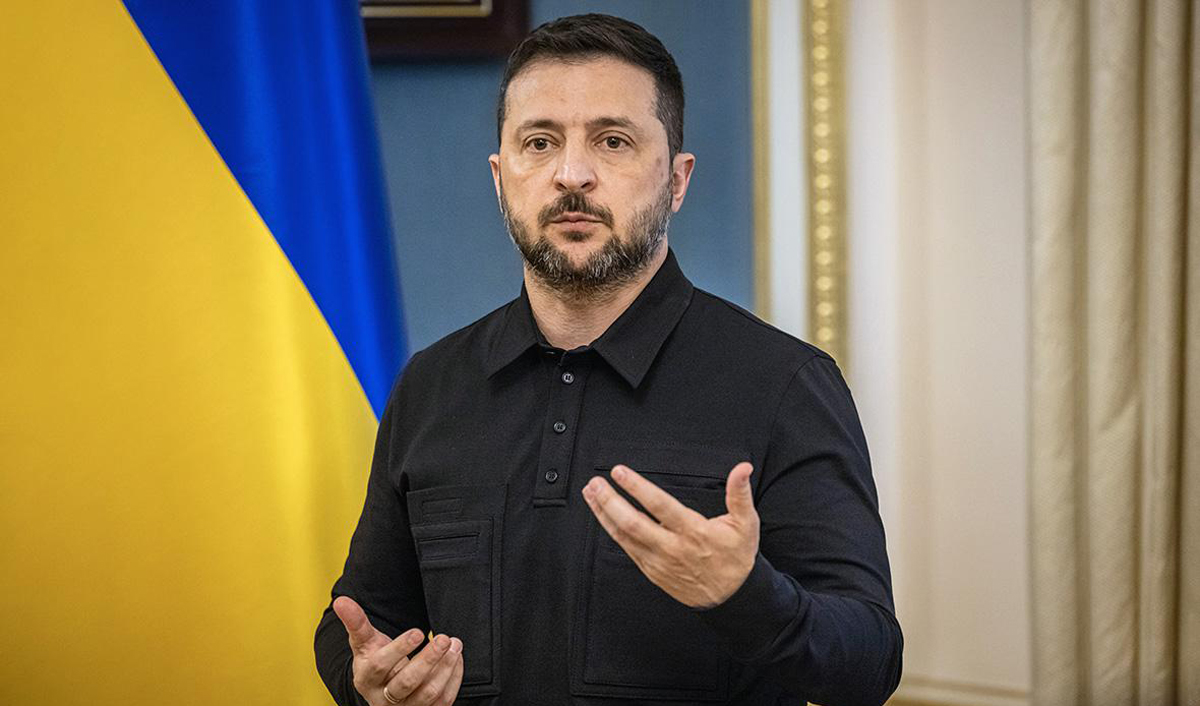
In an official statement, the Union of Advocates of the Republic of Moldova noted that the legal profession in the country is independent and autonomous, and the external evaluation of lawyers, or “vetting”, is not provided for by the legislation in force and violates the principles of the rule of law.
“The introduction of such a mechanism would be a direct interference in the free exercise of the profession and would contradict the principles of the rule of law and the constitutional right to defense,” the lawyers said.
The Moldovan Bar Association also appealed to the presidential administration to provide concrete evidence of the allegations against lawyers – about influence on court decisions, lists of lawyers involved in “criminal groups” and cases of abuse.
Recall, President Maia Sandu in one of the interviews stated: “Do not take offense, but I believe that it is necessary to conduct a vetting among lawyers as well, because lawyers should also be honest people”. The head of state said that she was going to discuss this issue with experts.
It’s not the first time that the situation around the bar and the president’s position is aggravated. As Logos Press previously reported, the Union of Lawyers criticized the new law on the Bar. It provides for the inclusion of members appointed by the Ministry of Justice from among representatives of the academic community and civil society in the main commissions of the Bar – on licensing, ethics and complaints. In addition, the law imposes limits on the length of the mandates of commission members and establishes a three-year break for lawyers who have previously held these positions in order to “prevent monopolization.” It also abolishes fees for disciplinary complaints as a measure to protect the right to petition.
Maia Sandu did not promulgate this law and returned it for revision. The President motivated her decision by the fact that it “does not offer sufficient solutions to the systemic problems of the Bar, especially as they relate to integrity, transparency, meritocracy and ensuring effective access to justice for citizens.”













